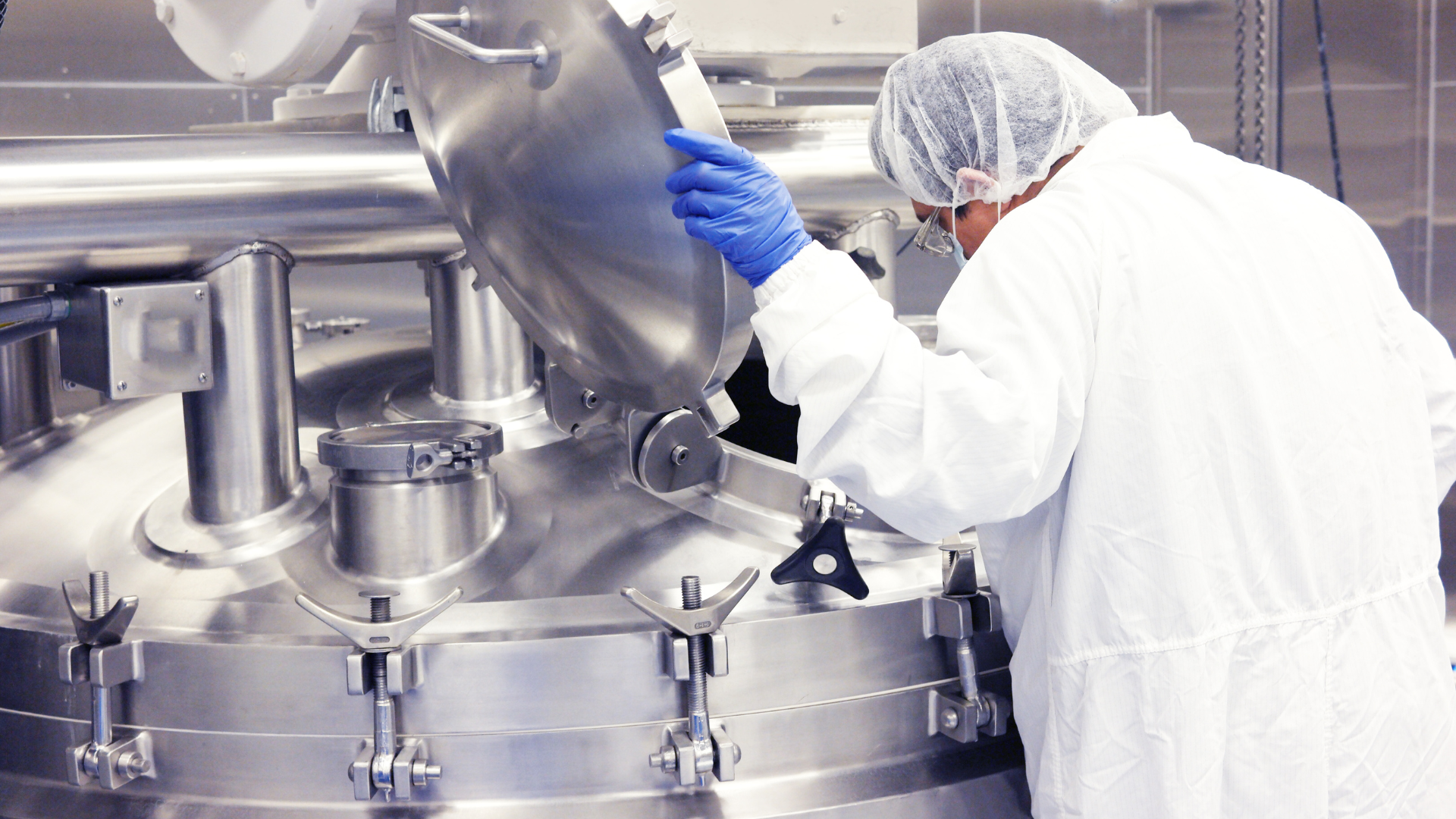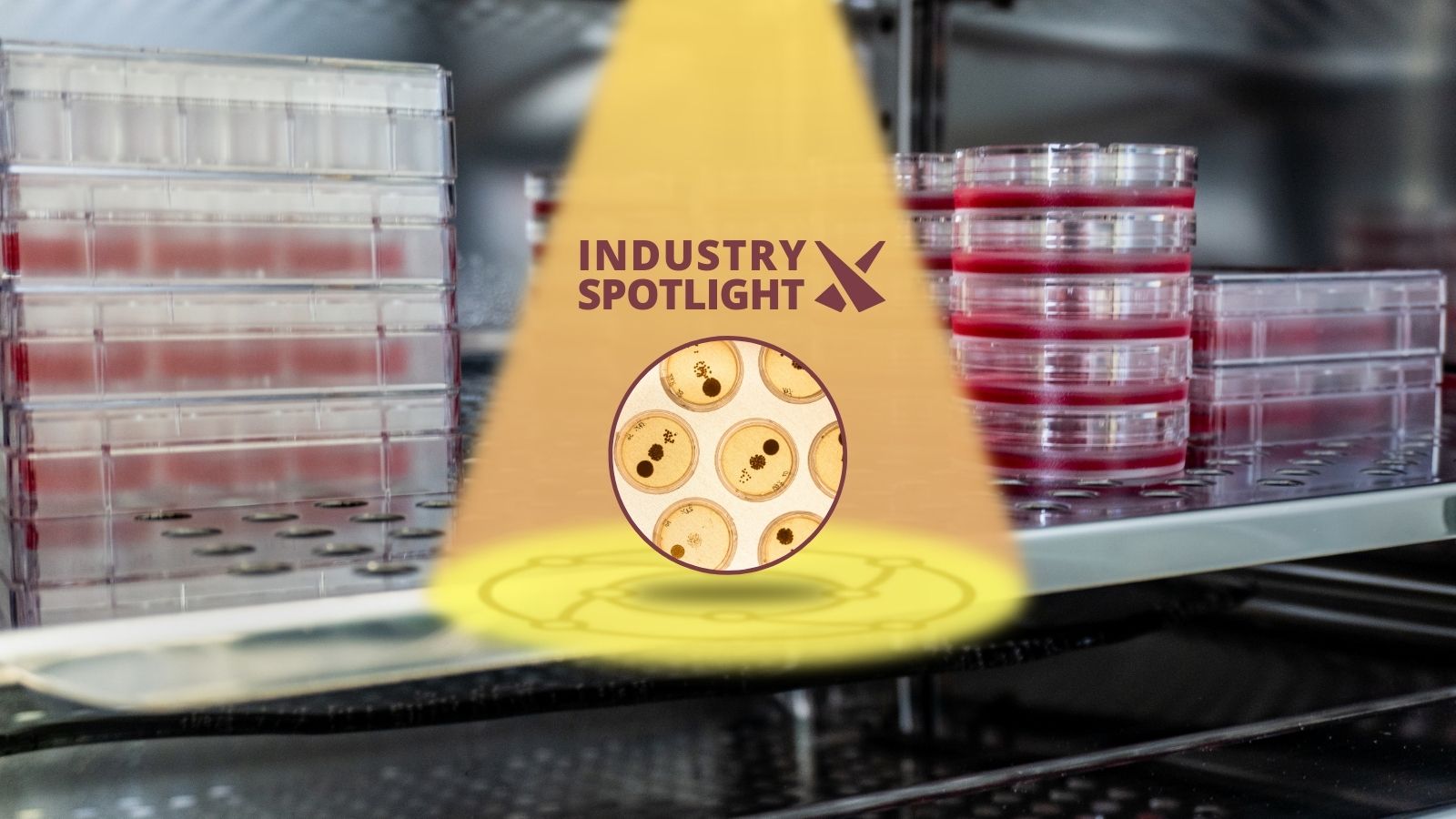CAR T-REX Aims to Bolster Anti-Tumoural Immune Response

CAR T-REX – an international European consortium working towards improved CAR-T therapies – has been the beneficiary of a €2.7m grant from the EIC.
The funds will go towards its flagship project, which aims to improve the safety and efficacy of CAR-T-based solid tumour-targeted cell therapies.
While highly-personalised autologous CAR-T therapies have dramatically changed the treatment landscape, broader clinical use is limited by constraints such as high manufacturing costs and deleterious side effects.
- 3D heart models for monitoring cardiovascular disease
- How can machine learning approaches help with metabolic modelling in manufacture?
- Winning strategies for CGT manufacturing and scale-up
To address these shortcomings, CAR-T-REX aims to combine non-viral gene delivery with the precise genome editing of T cell autoregulatory pathways.
Researchers involved with the project hope this will overcome the mechanisms by which solid tumours neutralise the body's anti-tumoural immune response, extending the utility and safety of current CAR-T technologies.
To this end, the CAR T-REX consortium aims to provide the foundation for an improved technology, with potential for significant scientific and societal impacts.
Cell Therapies for Patients with Solid Tumours
By combining novel approaches to genome editing and non-viral gene delivery, CAR T-REX will explore the engineering of transcriptional networks in CAR-T cells to selectively circumvent T-cell exhaustion in the tumour microenvironment (TME).
The consortium aims to achieve this by constructing novel auto-regulated genetic circuits controlled by microRNAs in immune checkpoint inhibitors.
While newly-approved CAR-T cell therapies have promised a revolution in treatment for diseases such as leukaemia and myelodysplastic syndromes, treatment constraints have persisted for patients with comorbidities or lesions in their central nervous system (CNS).
One persistent challenge for healthcare providers has concerned deciding where stem cell transplant fits in with other therapies involved in the treatment sequence following the arrival of CAR-T therapies.
It is hoped that the new approach being pioneered by CAR T-REX will help in addressing incidental issues such as toxicity.
Want to receive the latest industry announcements on cell manufacture and development? Sign up for our Cell series newsletter to get up-to-date news each month. If you'd like to know more about our upcoming 3D Cell Culture conference, visit our event website to download an agenda and register your interest.






